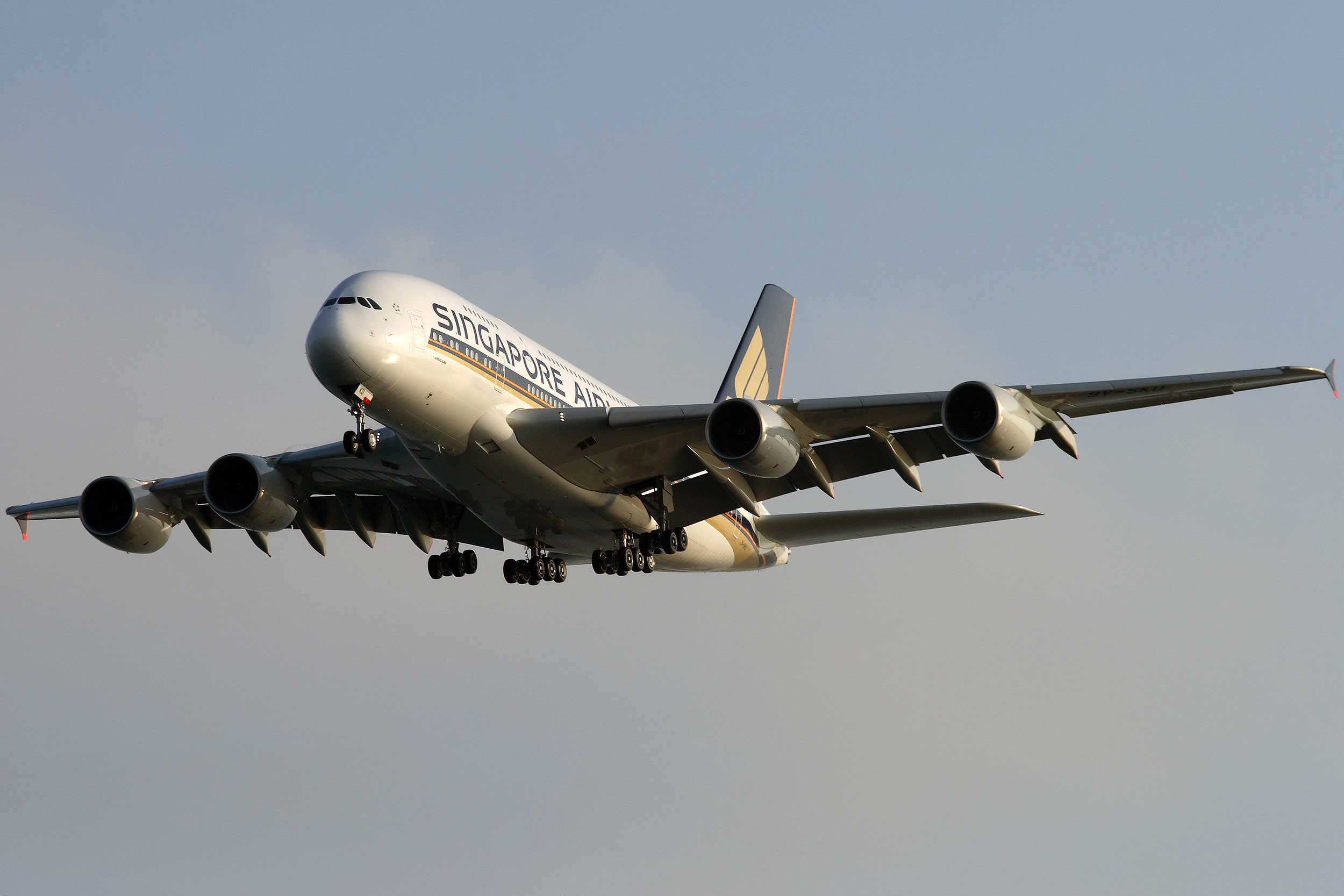Embry-Riddle Aeronautical University has teamed with Singapore Airlines to provide a one-of-a-kind, joint-campus, two-continent degree programme to provide flight training for the first time to its Embry-Riddle Asia campus students.
Announced this week during the 2018 Singapore Airshow at the Changi Exhibition Centre, Embry-Riddle’s new Flight Minor will allow students to fulfill academic requirements for their Bachelor’s in Aeronautics (BSA) degree at the Embry-Riddle Asia Campus in Singapore and then spend their final year in the United States at Embry-Riddle’s Daytona Beach, Fla., campus as part of an accelerated flight training program to earn the required flight time, instrument rating and certification.
Upon successful completion of the flight training and possession of a Commercial Pilot’s Licence (CPL) with instrument and multi-engine ratings, they will return to Singapore to complete the Civil Aviation Authority of Singapore (CAAS) licensing requirements and be ready for potential employment with Singapore Airlines.
“Up until now, we have been able to provide the academics and curriculum but not the required physical flight time and certifications here in Singapore. Through the coordination of our sister campus in the United States with its large training aircraft fleet and top-notch instructors coupled with the generous commitment by Singapore Airlines to offer job interviews to the students upon completion, it’s a win-win for everyone,” said Dr John Watret, chancellor of Embry-Riddle Worldwide and chairman of the Embry-Riddle Asia Board of Directors.
“Our students will get this unique, two-campus, hands-on study abroad experience and the aviation industry will be able to start meeting those growing needs for highly educated and experienced pilots.”
Scheduled to launch in June 2018, four students from the Embry-Riddle Asia campus will be selected to participate in the launch of the Flight Minor.
According to Boeing’s Pilot Outlook 2017-2036, commercial and regional airlines across the globe are expanding their fleets and flight schedules to satisfy demand generated by global economic expansion. In turn, this has spawned an immediate need for qualified, skilled, and experienced pilots internationally. Over the next 20 years, the Asia Pacific region will lead the worldwide growth in demand for pilots, with a requirement for 253,000 new pilots. North America will follow with a required 117,000, Europe 106,000, the Middle East 63,000, Latin America 52,000, Africa 24,000 and CIS/Russia 22,000.

